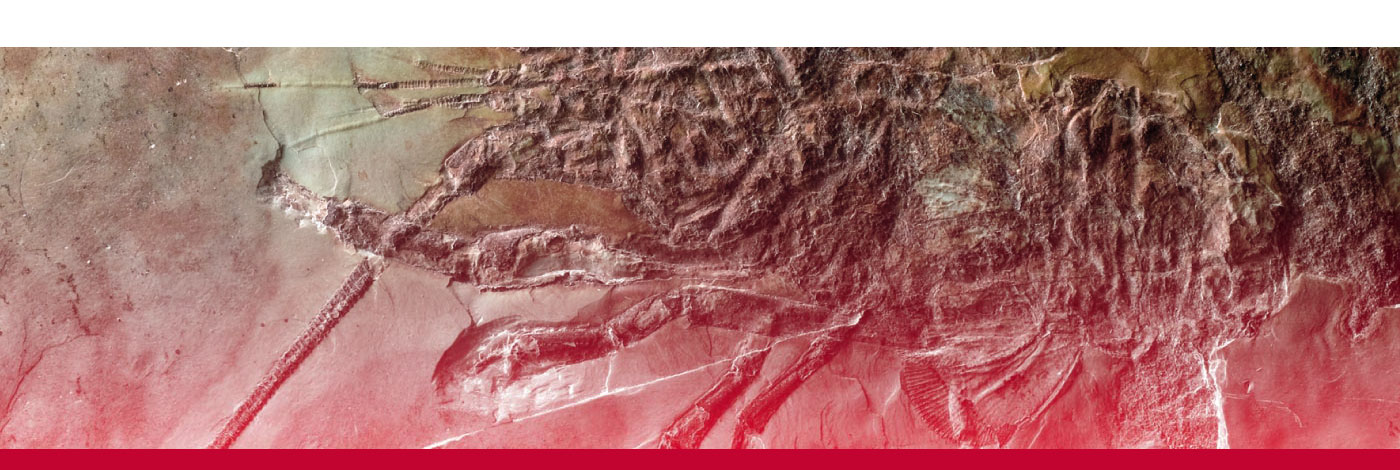

 Geodiversitas
41 (23) - Pages 797-809
Geodiversitas
41 (23) - Pages 797-809In this paper we describe Late Miocene (MN13) remains of the genus Indarctos Pilgrim, 1913 from the locality of Las Casiones (Teruel, Spain). Although the phylogenetic relationships of this genus are still controversial, the most recent phylogenetic analyses, based on cranial, mandibular and dental characters, include it in Ailuropodinae, thus making the relatives of the giant panda the predominant bears in the carnivoran assemblages for most of the Late Miocene in the Iberian Peninsula. These fossils of Indarctos punjabiensis (Lydekker, 1884) represent the last population of this subfamily from the Iberian fossil record, and possibly also from Europe, making this an important advance in our knowledge of the evolutionary history of this group. We also note the replacement of Indarctos by Agriotherium A. Wagner, 1837 in Iberian faunas, between c. 6.3 and c. 6.23 Ma.
Ursidae, Ailuropodinae, Late Miocene, Las Casiones, Teruel Basin